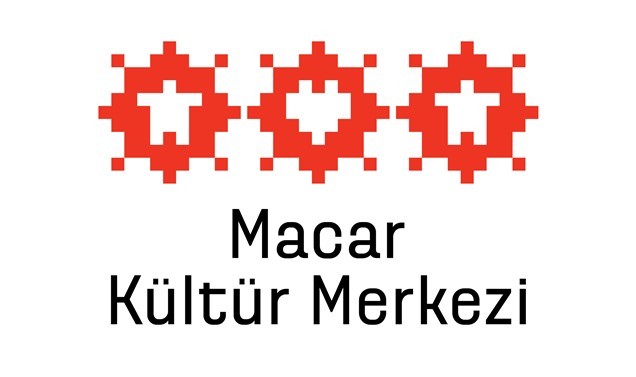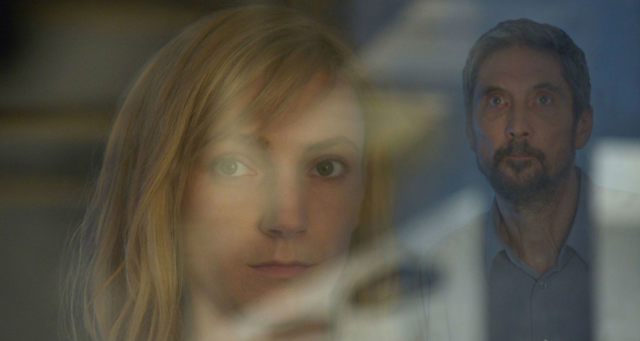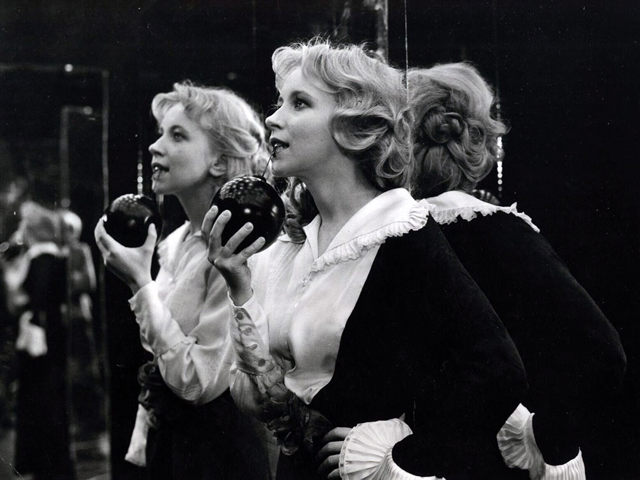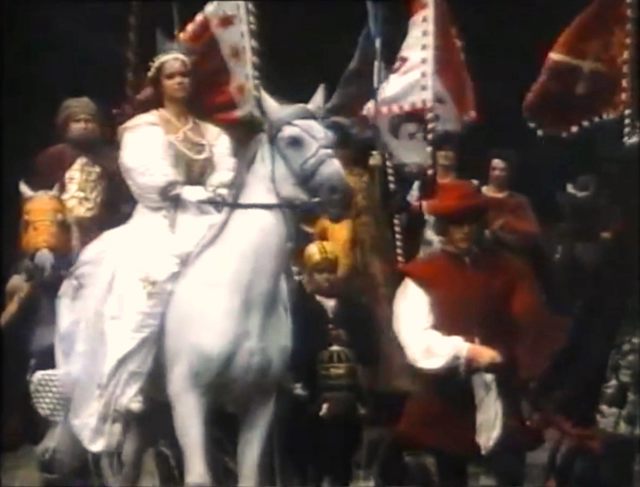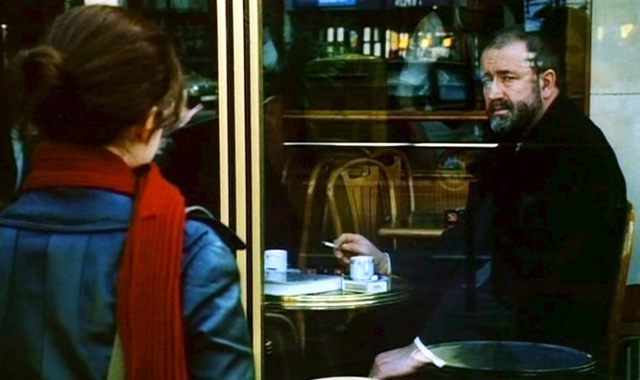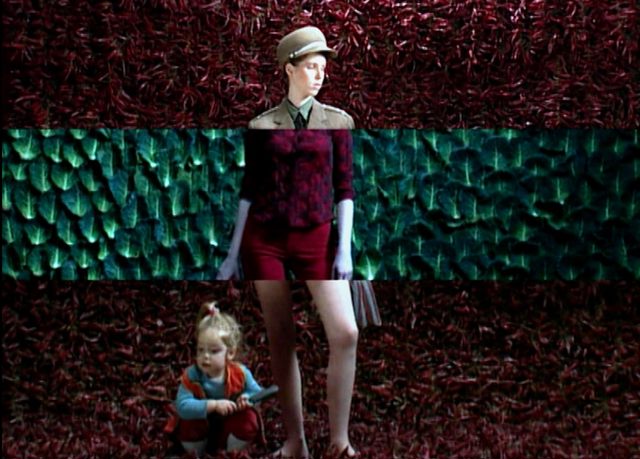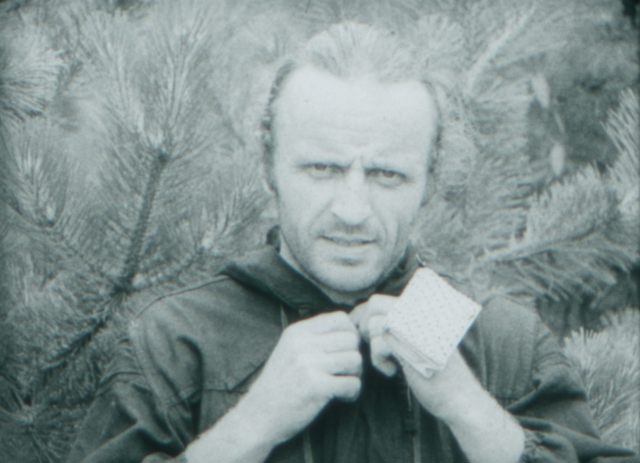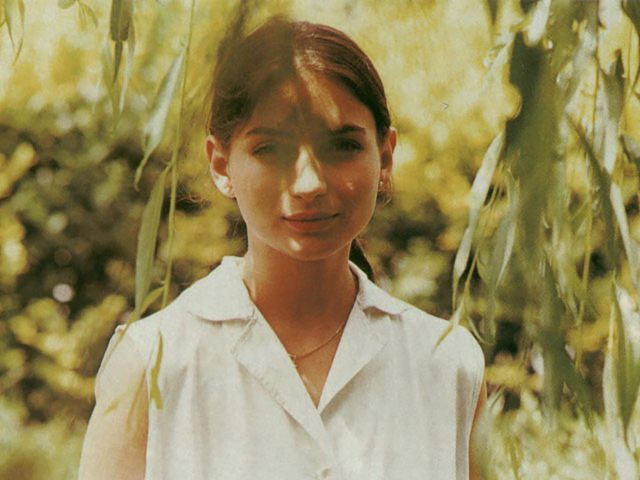- Open Today: 10.00–20.00
- Ticket
- Shop
- Membership
- TR EN
All About Ildikó Enyedi March 12–July 19, 2020
The “All About Ildikó Enyedi” program, the first retrospective in Turkey on one of the master directors of contemporary Hungarian cinema continues from where it left off in March. The second part of the retrospective includes eight films by Ildikó Enyedi.
Born in 1955, Ildikó Enyedi first studied economics and later went to the Academy of Drama and Film in Budapest. Starting in 1979, she began filming shorts and documentaries. Her first feature film Mole (Vakond, 1987) is a fantastical and romantic film about an agent trying to understand the lives of humans on planet Earth. My Twentieth Century (Az én XX. Századom, 1989), which won the Camera d’Or at Cannes, tells a fairytale-like story about twin sisters who are separated by a twist of fate in a newly emerging modern world shaped by the 20th century. This was followed by four films; Magic Hunter (Büvös Vadász 1994) is about a hunter who is given three magic bullets by the devil. David Bowie, who was fascinated by My Twentieth Century, is credited as an executive producer. Tamás and Juli (1997) is a melancholic romance between a young miner and his summer love who have a date for the night of December 31, 1999. Simon the Magician (Simon Mágus, 1999) tells the story of a sorcerer with supernatural powers who is called on by the Parisian police to unravel a murder case they are unable to solve. After this film, Enyedi took a 17-year break from filmmaking during which time she began working for Hungarian television and directed the series “Térapia” for HBO Hungary. She also taught film at the university in Budapest. She made a comeback in 2017 with On Body and Soul (Testről és Lélekről, 2017) which won her the Golden Bear in Berlin and was selected to represent her country in the Oscar race. Another dreamlike love story that is set in a slaughterhouse, a rather unlikely setting for romance, the film has introduced Enyedi to the younger generation. Striving to solve the mysteries of the universe and the human soul in her films, the director draws on diverse sources ranging from science fiction and fantasy to Greek mythology and folk tales. Setting herself against the social-realist style of traditional Hungarian film, she has brought a new narrative and expressive mode to the history of the country’s cinema.
ON BODY AND SOUL (TESTRÖL ÉS LÉLEKRÖL), 2016
Hungary | DCP, Color, 116´ | Hungarian
Director: Ildikó Enyedi
Cast: Géza Morcsányi, Alexandra Borbély, Zoltán Schneider
MY 20TH CENTURY(AZ ÉN XX. SZÁZADOM), 1989
Hungary, West Germany, Cuba | DCP, Black-White, 104’ | Hungarian
Director: Ildikó Enyedi
Cast: Dorota Segda, Oleg Yankovskiy, Paulus Manker
MAGIC HUNTER (BÜVÖS VADÁSZ), 1994
Hungary, France, Switzerland | DVD, Color, 106’ | English
Director: Ildikó Enyedi
Cast: Gary Kemp, Sadie Frost, Aleksandr Kaydanovskiy
SIMON, THE MAGICIAN (SIMON MÁGUS), 1999
Hungary, France | DVD, Color, 100’ | Hungarian, French
Director: Ildikó Enyedi
Cast: Péter Andorai, Julie Delarme, Péter Halász
SHORTS
MOLE (VAKOND), 1987
Hungary | DCP, Siyah-Beyaz, 70’ | Hungarian
Director: Ildikó Enyedi
TAMÁS AND JULI (TAMÁS ÉS JULI), 1997
Hungary, France | DVD, Color, 60’ | Hungarian
Director: Ildikó Enyedi
Cast: Márta Angyal, György Barkó, Csaba Czene
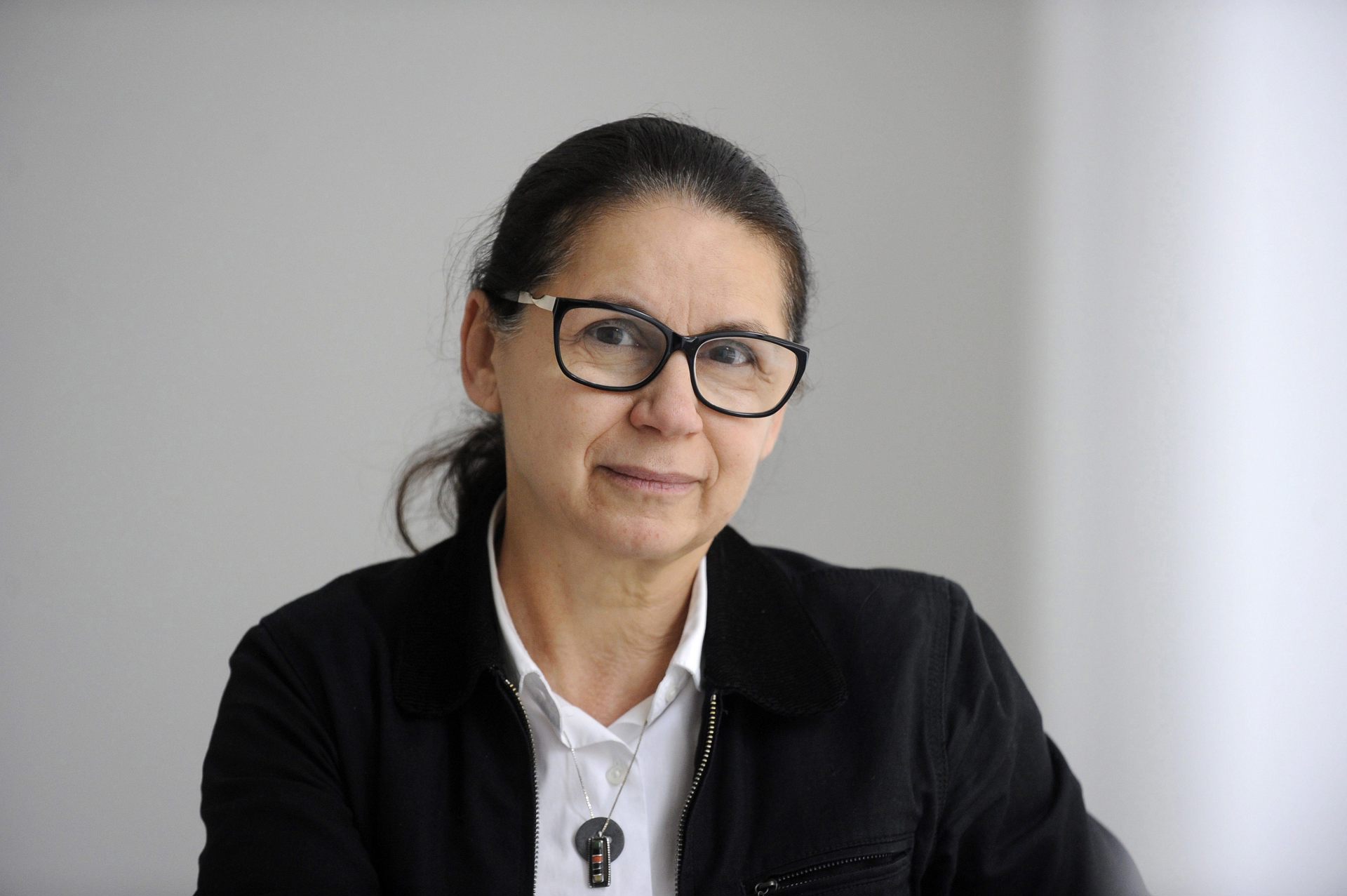
(2).png)
